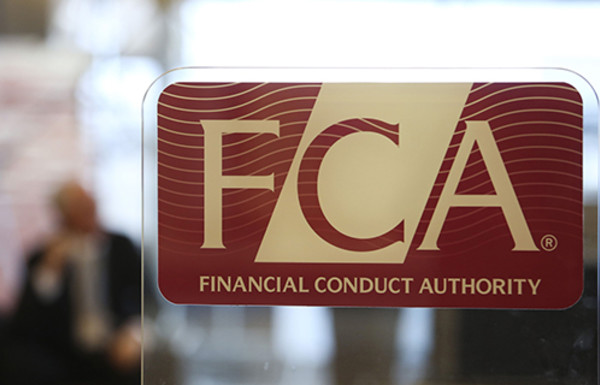Financial Conduct AuthorityAug 10 2021
Will the consumer duty improve outcomes or cause more confusion?
Search supported by
Related articles
Related Topics
For unlimited access to FTAdviser content...
Register now for free
- Read the latest news and views from the world of financial advice
- Never miss a story - sign up to our email alerts
- Bank CPD while you read
Have an account? Sign In





